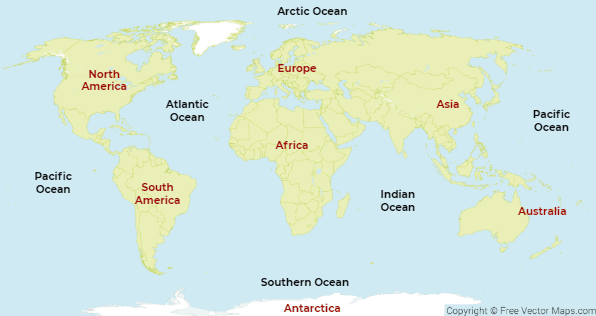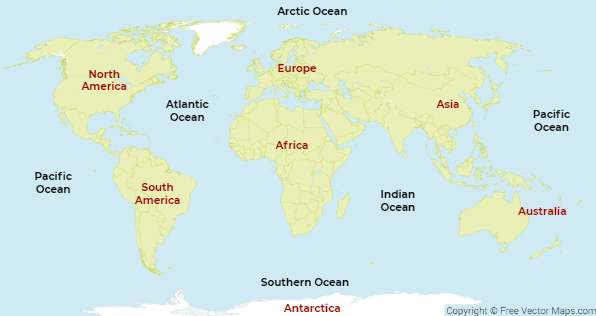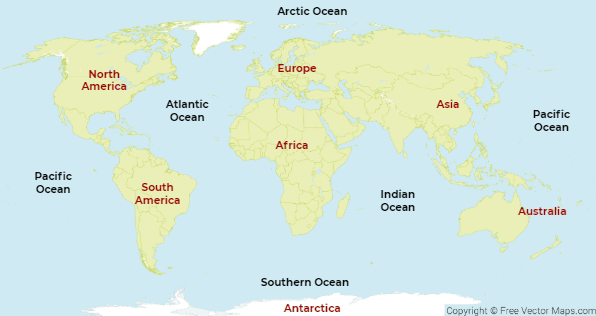Myths about teaching can hold you back
Learn why
Lesson 10 of 10
- Year 1
Campaigning to protect the oceans
In this lesson we are going to be learning about how the plastic gets into the oceans and what we can do to help others reduce their plastic waste.
Lesson 10 of 10
- Year 1
Campaigning to protect the oceans
In this lesson we are going to be learning about how the plastic gets into the oceans and what we can do to help others reduce their plastic waste.
These resources were made for remote use during the pandemic, not classroom teaching.
Switch to our new teaching resources now - designed by teachers and leading subject experts, and tested in classrooms.
Lesson details
Key learning points
- What action could the government take to save the oceans
- Explore three different policies that would protect the oceans
- Create a thirty second video asking the government to take action on one of these
Licence
This content is made available by Oak National Academy Limited and its partners and licensed under Oak’s terms & conditions (Collection 1), except where otherwise stated.
3 Questions
Q1.1) Which ocean is underneath the North Pole?
1) Which ocean is underneath the North Pole?
Indian Ocean
Pacific Ocean
Q2.2) Which ocean surrounds the South Pole?
2) Which ocean surrounds the South Pole?
Atlantic Ocean
Indian Ocean
Q3.3) Which two oceans are near the United Kingdom?
3) Which two oceans are near the United Kingdom?
Indian Ocean
Pacific Ocean
Southern Ocean
23 Questions
Q1.Read the statement and choose the word that is missing. An ocean is a huge body of _________ water.
Read the statement and choose the word that is missing. An ocean is a huge body of _________ water.
cold
hot
sugary
Q2.What is the largest ocean?
What is the largest ocean?
Arctic Ocean
Atlantic Ocean
Indian Ocean
Southern Ocean
Q3.What is the second largest ocean?
What is the second largest ocean?
Arctic Ocean
Indian Ocean
Pacific Ocean
Southern Ocean
Q4.What is the third largest ocean?
What is the third largest ocean?
Arctic Ocean
Atlantic Ocean
Pacific Ocean
Southern Ocean
Q5.What is the second smallest ocean?
What is the second smallest ocean?
Arctic Ocean
Atlantic Ocean
Indian Ocean
Pacific Ocean
Q6.What is the smallest ocean?
What is the smallest ocean?
Atlantic Ocean
Indian Ocean
Pacific Ocean
Southern Ocean
Q7.What are the 4 continents which surround the Atlantic ocean?
What are the 4 continents which surround the Atlantic ocean?

Antarctica
Asia
Australia
Q8.What are the 3 continents which surround the Indian ocean?
What are the 3 continents which surround the Indian ocean?

Antarctica
Europe
North America
South America
Q9.What is the continent which is surrounded by the Southern Ocean?
What is the continent which is surrounded by the Southern Ocean?

Africa
Asia
Australia
Europe
North America
South America
Q10.Tick 3 facts which are true about the Sunlight Zone.
Tick 3 facts which are true about the Sunlight Zone.
The water is freezing cold
Q11.Tick 3 facts which are true about the Twilight Zone.
Tick 3 facts which are true about the Twilight Zone.
Sunlight reaches this layer
Q12.Tick 3 facts which are true about the Midnight Zone.
Tick 3 facts which are true about the Midnight Zone.
Sunlight reaches this layer
Q13.Tick 3 facts which are true about the Abyss
Tick 3 facts which are true about the Abyss
You can swim here
Q14.Tick 3 facts which are true about the Trench
Tick 3 facts which are true about the Trench
The sunlight reaches this zone
Q15.Tick all the reasons why the ocean is important. There are 5.
Tick all the reasons why the ocean is important. There are 5.
We can put all our rubbish in the ocean
Q16.What is a habitat?
What is a habitat?
where animals eat
where animals sleep
Q17.What type of animal is a dolphin?
What type of animal is a dolphin?
A crustacean - a cold blooded animal which has a hard skeleton on the outside of its body
A fish - an animal with gills to help them breathe underwater
A mollusc - a cold blooded animal with gills, some live inside a shell
Q18.What type of animal is a swordfish?
What type of animal is a swordfish?
A crustacean - a cold blooded animal which has a hard skeleton on the outside of its body
A mammal - an animal with warm blood and lungs
A mollusc - a cold blooded animal with gills, some live inside a shell
Q19.What type of animal is an octopus?
What type of animal is an octopus?
A crustacean - a cold blooded animal which has a hard skeleton on the outside of its body
A fish - an animal with gills to help them breathe underwater
A mammal - an animal with warm blood and lungs
Q20.What type of animal is a shrimp?
What type of animal is a shrimp?
A fish - an animal with gills to help them breathe underwater
A mammal - an animal with warm blood and lungs
A mollusc - a cold blooded animal with gills, some live inside a shell
Q21.Choose the word to fill in the gap. The ocean is full of _______ which is dangerous for our marine life.
Choose the word to fill in the gap. The ocean is full of _______ which is dangerous for our marine life.
fish
water
Q22.Tick the sentence which is true about plastic in our ocean.
Tick the sentence which is true about plastic in our ocean.
Plastic melts in the water
Plastics are not in our ocean
Q23.Instead of buying plastic bottles, bags, cups and packaging, what can I use instead?
Instead of buying plastic bottles, bags, cups and packaging, what can I use instead?
You can not buy them and carry all your items
You can put your plastic in the bin

